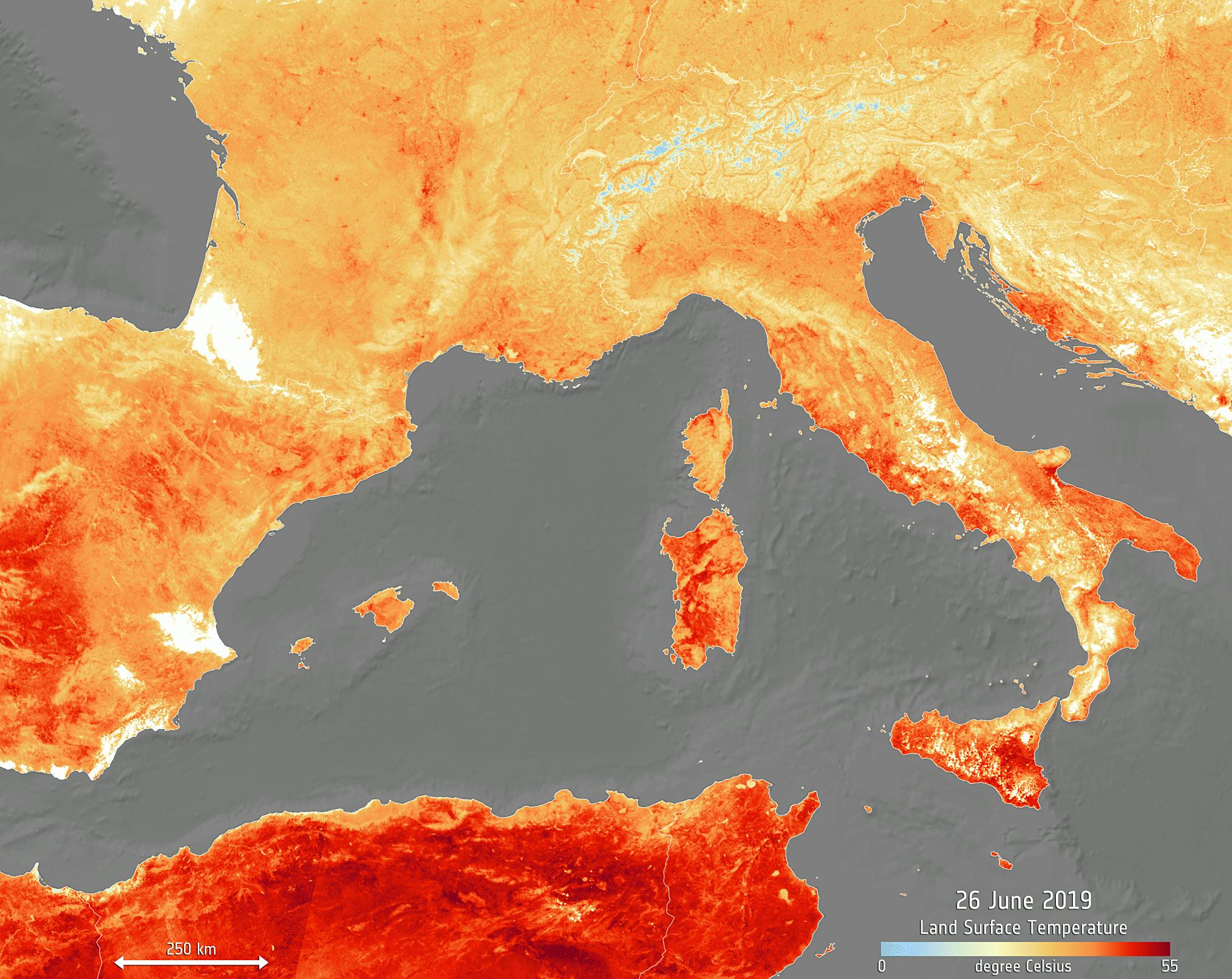- Hogar /
- Sobre /
- Mercados/
- Soluciones digitales/
- Perspectivas /
- Carreras /
Earth’s Hottest Year Confirmed: 2024 Surpasses 1.5°C Threshold

The Copernicus Global Climate Highlights Report 2024, published today, confirms 2024 as the warmest year on record and the first to exceed 1.5°C above pre-industrial levels for the annual global average temperature. Last year was also the warmest for all continental regions, including Europe, except Antarctica and Australasia.
Europe: The Fastest-Warming Continent
As also highlighted in the 2023 European State of the Climate Report and the European Climate Risk Assessment, the European continent has been warming twice as fast as the global average since the 1980s, becoming the fastest-warming continent on Earth. European land in the Arctic remains the fastest-warming region on Earth, and changes in atmospheric circulation are favouring more frequent summer heatwaves. Likewise, glaciers are melting and there are changes in the pattern of precipitation.
Extreme Weather and Rising Sea Temperatures
The overall frequency and severity of extreme weather events are increasing. Sea surface temperatures remained exceptionally high, with July to December 2024 being the second warmest on record for the time of year, after 2023.
EU’s Commitment to Climate Action
The EU is committed to supporting global climate action and becoming climate-neutral by 2050. It has agreed on targets and legislation to reduce greenhouse gas emissions by at least 55% by 2030 and the Commission has already recommended a 90% net GHG emissions reduction target for 2040. The Commission published a Communication in April 2024 on how to effectively prepare the EU for climate risks and build greater climate resilience.
3. Lower Environmental Impact
Efficiency in navigation and optimized routes not only reduce operational costs but also lead to a lower environmental impact. Autonomous ships contribute to a reduction in greenhouse gas emissions, making maritime transportation more eco-friendly.
Copernicus: Europe’s Eyes on Earth
Copernicus, Europe's eyes on Earth, is the Earth observation component of the European Union's Space programme. Funded by the EU, Copernicus is a unique instrument that looks at our planet and its environment to benefit all European citizens.

Conclusion
The confirmation of 2024 as the hottest year on record is a stark reminder of the urgent need for climate action. As temperatures continue to rise, the EU and global partners must strengthen efforts to mitigate climate change and build resilience against its growing impacts. Leveraging EO data from Copernicus and other initiatives will be critical in shaping informed policies and protecting our planet for future generations.